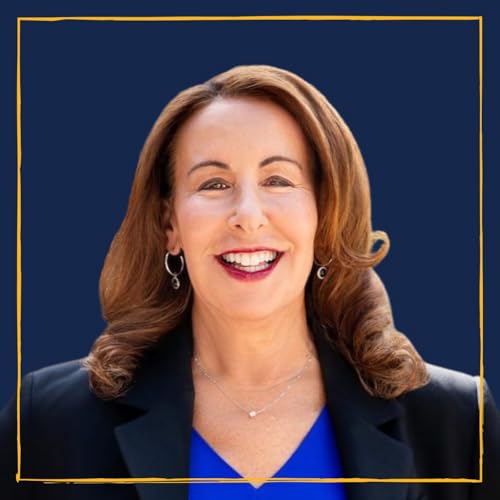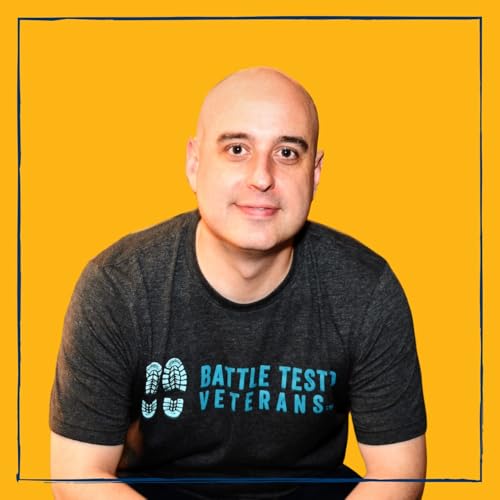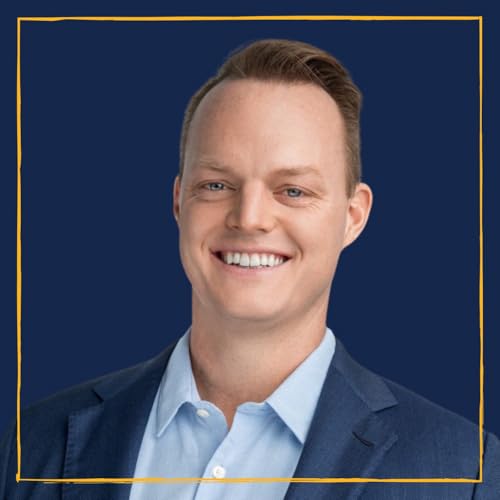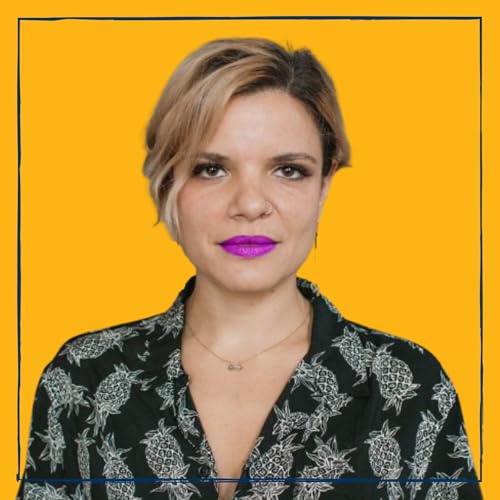In honor of Veterans Month, the OneHaas Alumni Podcast is pleased to welcome Cory Boatwright to the show. Cory is a Senior Advisor of Workforce Development, Strategies, and Programs for Hiring Our Heroes.
Growing up in a working class home in Chico, California, Cory always knew he wanted to go to college, but coming from limited means made that a challenge. So he decided to start his career by first joining the military – a decision that sparked a lifetime passion for service and social impact work.
Cory tells host Sean Li how his time in the Air Force prepared him for a successful career in business, what it felt like to fulfill his childhood dream of attending Haas, and how he’s giving back to the veteran community through his work at Hiring Our Heroes.
*OneHaas Alumni Podcast is a production of Haas School of Business and is produced by University FM.*
Episode Quotes:
On how the Air Force prepared him for a career in business
“ I always knew that I wanted to be like a business person, right? And I kind of just made up this person, this fictitious person of who I wanted to be. And I took characteristics of people from books, magazines, shows, and stuff like that, of who I wanted to be as a business person. And so one of the things that I thought was like, okay, well, a business person has to be able to be a public speaker and speak in front of people…And so I was like, well, how do I do that? I don't have the skills to do that. So I joined the Air Force as a military broadcaster. I was like, I'm just gonna throw myself into this.”
On his switch from the investment banking world to military programming
“ There's a role that came open at LinkedIn to build out their military recruiting programs. I had zero experience as a recruiter. I wasn't a recruiter, but I was like, I'd really like to work with the military community. And so I talked to a friend of mine who owned a nonprofit… And he’s like, Cory, what do you do for free? And I was like, I help vets get jobs and get into school. And he’s like, you should figure out how to get paid to do that.”
On fulfilling his longtime dream of attending Haas
“...Immediately I was with my people and I was like, no doubt I'm coming here. Just a huge sense of belonging. I went there and basically I was able to, between like the core courses, which every one of them really resonated with me, I loved the curriculum of the program, but also when it came to electives, I was able to build out a learning path for myself that was more geared towards buying a business than it was doing a startup.”
On the work he’s doing at Hiring Our Heroes
“ They come into our ecosystem and we're making sure that we're getting them to the places that they need to be. For instance, if somebody has a housing issue, they don't have housing or they're about to lose their housing, or they can't pay their utility bills, like that person's gonna be really difficult to help get a job because their basic needs aren't being met at that moment. And so we make sure that they're gonna get to the right people to be able to help them fix that issue and then come back into our orbit so that we can help them connect to meaningful employment. Not just jobs, but like jobs that matter, jobs that are gonna be sustainable, jobs that are gonna have good wages and benefits and stuff like that.”
Show Links:
- LinkedIn profile
- Hiring Our Heroes website
- Cory’s book recommendation: HBR Guide to Buying a Small Business: Think Big, Buy Small, Own Your Own Company
Support this podcast at — https://redcircle.com/onehaas/donations
 41 min
41 min 38 min
38 min 36 min
36 min 41 min
41 min 39 min
39 min 39 min
39 min 39 min
39 min 40 min
40 min
